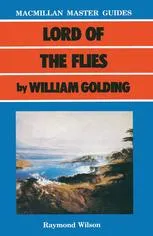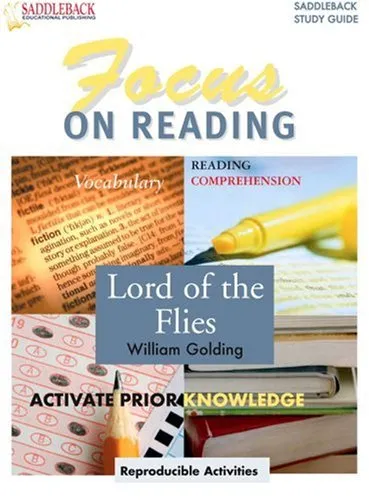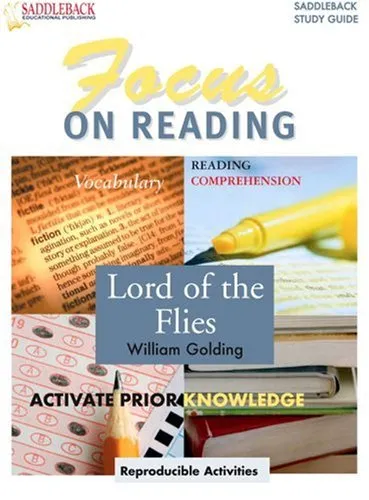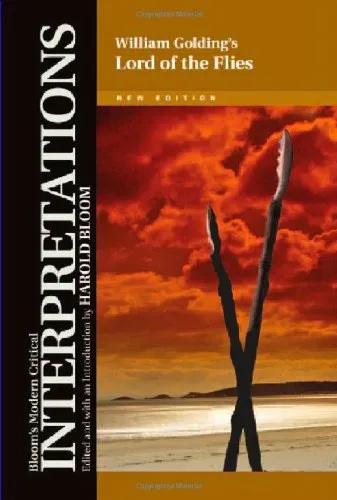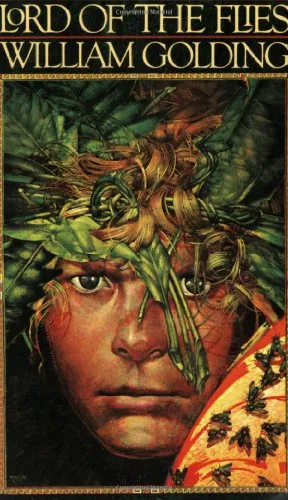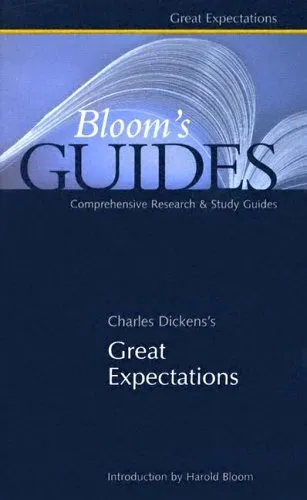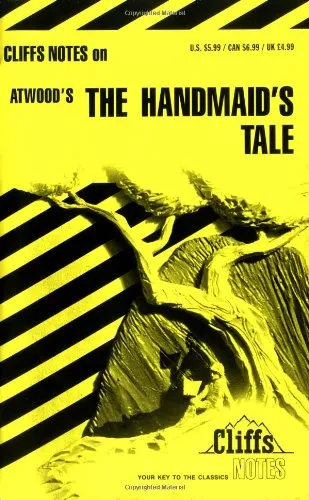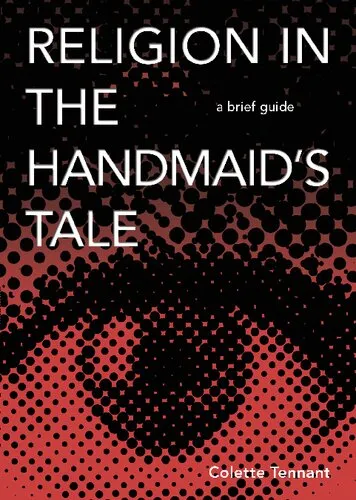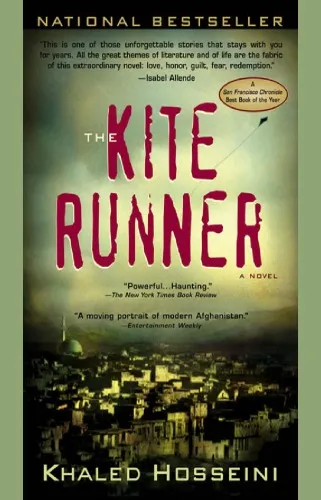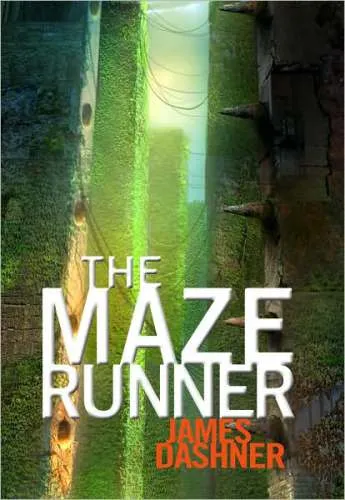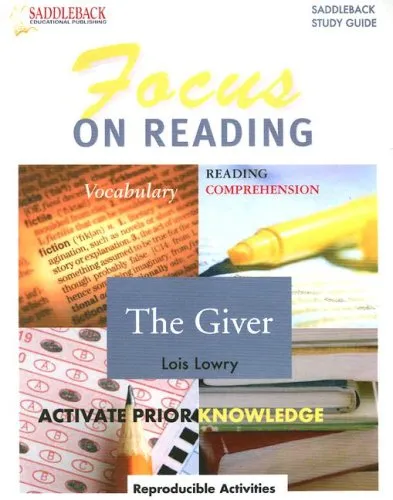Lord of the Flies by William Golding
3.5
Reviews from our users

You Can Ask your questions from this book's AI after Login
Each download or ask from book AI costs 2 points. To earn more free points, please visit the Points Guide Page and complete some valuable actions.Related Refrences:
Persian Summary
Introduction to "Lord of the Flies" by William Golding
William Golding's "Lord of the Flies," first published in 1954, stands as a profound and unsettling exploration of human nature and the bounds of civilization. Set against the backdrop of a deserted island, this novel delves into the complexities of society, morality, and the inherent savagery that lurks in all of humankind.
Detailed Summary
The story begins with a group of British schoolboys stranded on a deserted island after a plane crash during wartime. Without adult supervision, the boys attempt to establish their own civilization, appointing Ralph as their leader. Their initial attempts at order and democracy are symbolized by the conch shell, which grants the right to speak during meetings. However, as time progresses, their civilized behavior erodes.
Amidst the struggle for power, Jack Merridew, another prominent character, breaks away, forming his own tribe and embracing primal instincts. The group becomes divided between Ralph’s faction, who prioritize rescue and maintaining the signal fire, and Jack’s followers, who embrace hunting and savagery. The tension between these groups escalates, leading to catastrophic consequences.
The mysterious "beast" that terrifies the boys symbolizes the darkness within themselves, culminating in chaos, violence, and ultimately the tragic deaths of Simon and Piggy. The novel concludes with the boys being rescued by a naval officer, their descent into barbarism starkly contrasted by the return to civilization.
Key Takeaways
- The Duality of Human Nature: Golding's novel suggests that civilization can barely suppress the primal instincts within humans.
- The Fragility of Society: The thin veneer of society can easily dissolve, leading to chaos and disorder.
- The Nature of Leadership: The novel explores different leadership styles through characters like Ralph and Jack, critiquing the allure of power.
Famous Quotes
"We did everything adults would do. What went wrong?" - This quote captures the central theme of the novel, questioning the reliability of societal norms.
"The thing is - fear can't hurt you any more than a dream." - This quote emphasizes the irrational nature of fear and its power over the boys.
Why This Book Matters
"Lord of the Flies" remains a significant work in literature due to its exploration of the darkest aspects of human nature. Golding's novel challenges readers to confront the uncomfortable truths about the human condition and the thin line between civilization and chaos. Its themes are universal and timeless, making it a critical text for understanding the complexities of human societies.
The novel's enduring relevance can be attributed to its raw portrayal of power dynamics, societal breakdowns, and the internal and external conflicts that shape human existence. "Lord of the Flies" not only stands as a remarkable piece of fiction but also as a mirror reflecting the persistent challenges within humankind. It continues to be a staple in educational curricula worldwide, prompting discussions on ethics, governance, and human psychology.
Free Direct Download
You Can Download this book after Login
Accessing books through legal platforms and public libraries not only supports the rights of authors and publishers but also contributes to the sustainability of reading culture. Before downloading, please take a moment to consider these options.
Find this book on other platforms:
WorldCat helps you find books in libraries worldwide.
See ratings, reviews, and discussions on Goodreads.
Find and buy rare or used books on AbeBooks.
1567
بازدید3.5
امتیاز0
نظر98%
رضایتReviews:
3.5
Based on 0 users review
Questions & Answers
Ask questions about this book or help others by answering
No questions yet. Be the first to ask!
